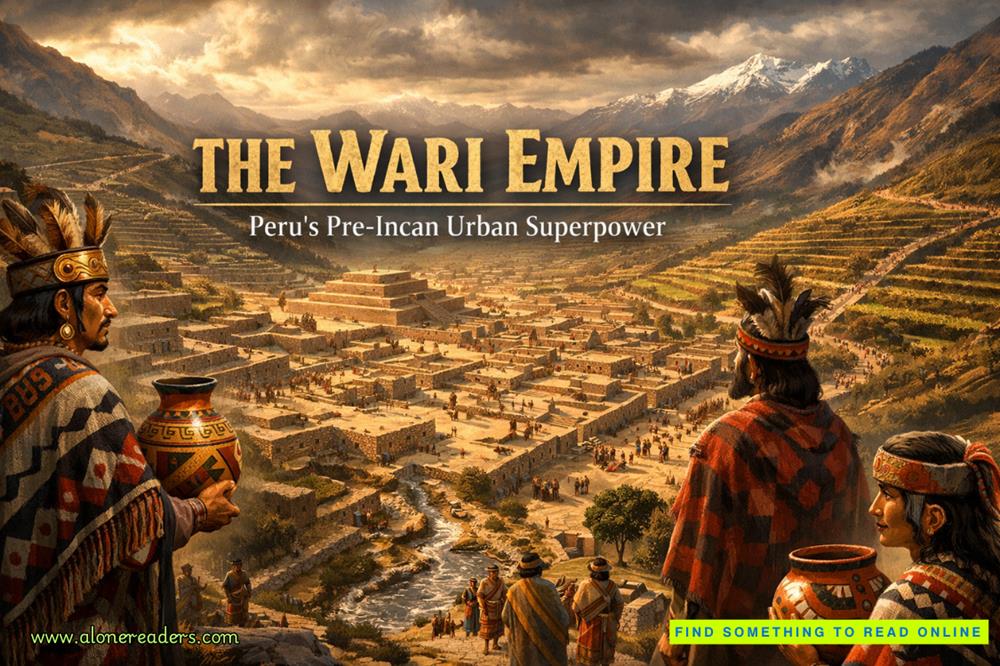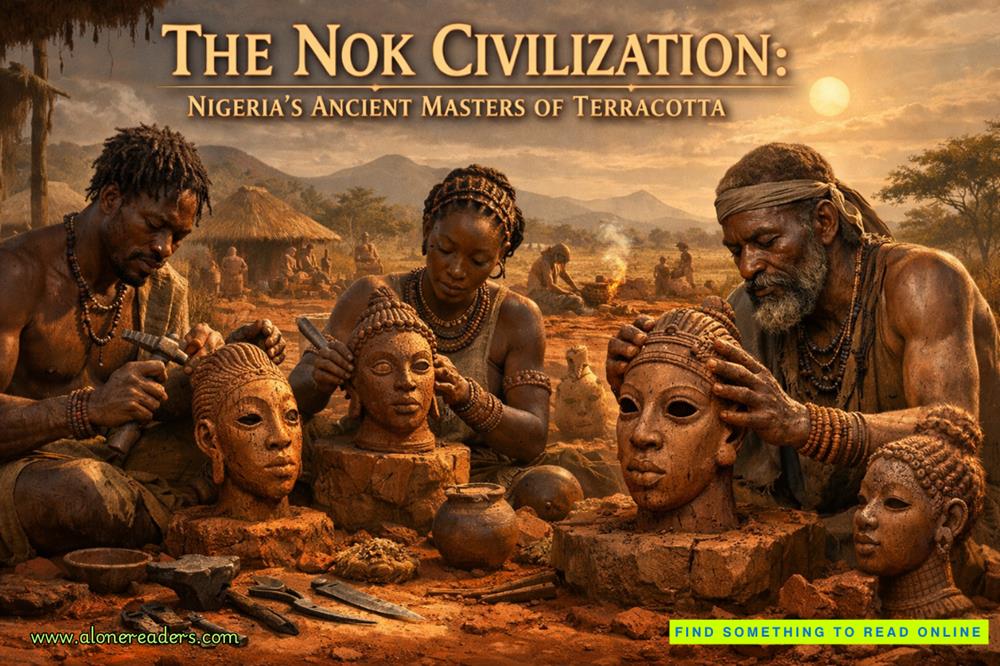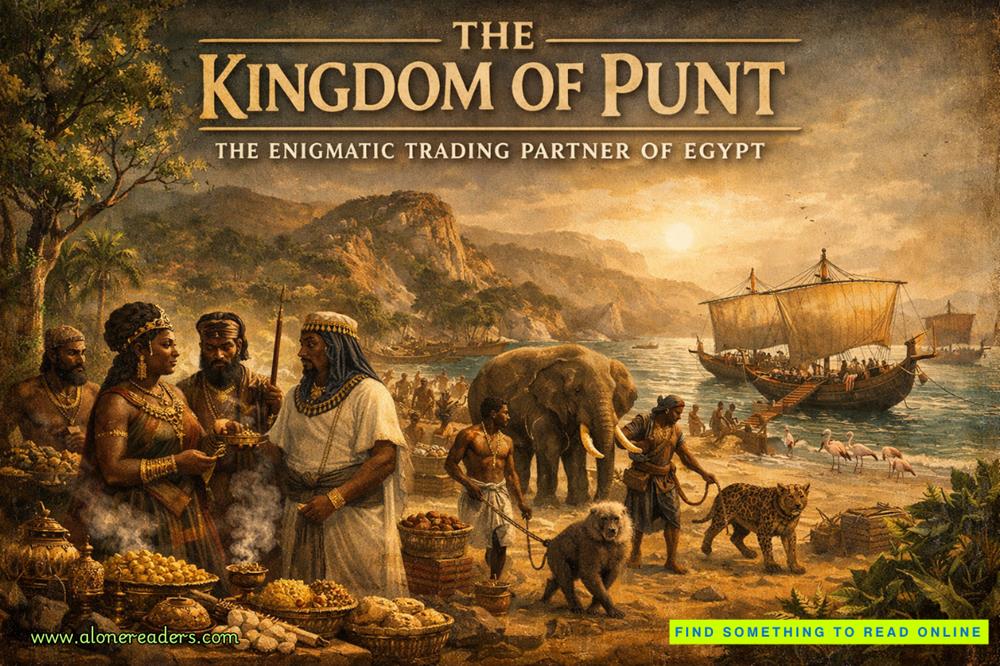Being brave. Bethany was a very brave person.
Once she heard Luke approaching the truck bed her bravery didn’t much matter. Because shortly after Luke’s footsteps stopped at the tailgate—what was hewaitingfor, hurry, let’s go—Bethany had heard her father’s voice shouting, “How the hell could she have left early when her car is in my damn garage!” and for a while Bethany hadn’t thought about much of anything.
Once the truck started rolling she felt her fear abate for a moment. She had escaped that man again. She almost smiled at the thought of her father scouring the parking lot for her in a panic, experienced the same small pleasure she’d felt when she’d gotten Jamal inside her house a week ago. Whatever the consequences, Bethany would always love getting the better of that furious piece of shit, the man who, years before, had given her perfect mother and her perfect face a permanent lazy eye after a blow from Bethany’s (surprisingly heavy) Disney Cinderella pumpkin chariot (with real light-up windows).
Bethany used to try telling people what her father had done but had quickly learned that nobody wanted to know. Bentley refused to doubt its men. But one of those men had hurtherman—they must have, why else would someone be trying so hard to pin the murder on Jamal?—and she would be fucked three ways if she let them get away with it.
They would listen to her now, oh yes. Everyone was about to start listening to her now.
Luke’s truck had rolled north on the highway for what felt like a few miles, idled by the side of the road and then set off again. It had been joined by another truck. No—get it straight, Bethany, you might need to state this in court—from what she could hear, it sounded as if Luke had startedfollowinganother truck. Had followed the other truck east, scooted carefully down the highway’s shoulder and set off bounding over open country.
The Flats. They had headed into the Flats.
Bethany might have been a very brave person but now, a few miles away from the highway, anyone—anyone!—would feel their courage falter. Pretty soon, at the rate Luke was going, she was going to be very, very far from any shelter. She’d once heard that the Flats were over a hundred square miles wide. Or had it been acres? Kilometers? Big enough, anyway, that anything could happen out here.
Anything.
Bethany decided to get in touch with Officer Clark now, get her and the whole sheriff’s department mobilized and ready to roll the fuck out. But when she slipped her phone loose from her bra and looked at the screen the last of her courage left her.
She had no service.
The truck shifted course and rolled over a heavy stone. Bethany’s head struck the lower wall of the truck’s cab. She bit her hand to keep from screaming. Bit until she was afraid she was going to draw blood and didn’t let go.
The thought finally occurred to her that whatever had killed Dylan, whatever Luke and the other boys were driving to, thetruththat was so determined to stay hidden it had concealed itself all the way out here in the barren Flats: what would thetruthmake of Bethany finding it? Bethany, wielding nothing to defend herself but a useless phone and an expensive smile?
The thought finally occurred to her that she could—how was it possible?—die.
Peeking from beneath her towel, Bethany saw a pale hook of moon through the camper shell’s window: brilliant and clear as an open wound in the sky. Fear struck the last of her composure from her head. Her mind went blank, her body cold.
That moon, that exact hook of moon, had watched her in her sleep every night this week.
They had crossed the threshold. They were going where the dreams were made. They were driving toward that thing, that pit that had been calling to her since the night Dylan died. It had been calling her here, all along.
JAMAL
The highway to Dallas was nearly empty. Night had fallen. Irons had flipped on his headlights and told Jamal that he could call his mother. Half this plan had been her idea in the first place.
“Won’t it look bad that I’ve run?” Jamal had asked his lawyer, and Irons had insisted that whatever they did would look bad. Hopefully, Irons had said, once Jamal’s cousin in Dallas had gotten him to Atlanta, the lawyer could subpoena footage from the security company that monitored the Tanner ranch and prove Jamal’s alibi.
Jamal hadn’t known what to say to that. However prudent or miraculous this escape may be, the fact remained that he was running away from a crisis he knew he had helped to create in the first place.
All this past summer, Dylan’s mood had pitched wildly at any moment from giddy to morose, from generous to petty to irritable to enraged. As his friends’ trips to the coast became more frequent, Jamal had never found the sack to say a word about what was clearly a dire (and worsening) secret.
With a queasy flood of shame, Jamal remembered the lazy afternoon three weeks ago when—a few minutes after he’d sent those fateful text messages to Bethany:Let’s do it—Dylan had sighed through a cloud of weed smoke in his stuffy attic and said, with a faint trace of something Jamal recognized now, too late, as fear, “It’s like a fever. It makes you crazy.”
“The weed?”
“Like, love.” Dylan laughed. He always laughed when he talked about his own feelings, as if it were some embarrassing insult of nature that he had any at all. But then he said it again, a tremor in his hands. “Love.”
Jamal suspected that Dylan wasn’t talking about Bethany. He should have pressed his friend, should have asked why he was seeing somebody if it made him so miserable, and yet all Jamal had done was mind his own business, take a drag on their blunt, say, “It’ll chill eventually, right? You have to do what makes you happy.”
That was Jamal, ever the backbencher. Cheerleading in the places the girls couldn’t reach.
Just what, he wondered, had he cheered Dylan into doing?
Jamal hadn’t called his mother yet. As he and Irons crossed the line into Burleson County, Jamal saw that Kimbra Lott hadn’t answered the messages he’d sent her since his escape. The face that the girl had worn when she’d left the interview room this morning—stubborn, brash, curious—had haunted him all day.
“Don’t let those guys fuck you up,”he’d told her, because when Kimbra asked him about the Bright Lands, Jamal had remembered plenty of rumors about that place: weird gossip the backbenchers were smart enough to only whisper about when certain players came close. Stories about a party in the Flats where boys swore a blood oath of secrecy, made pacts that followed them all their lives. It had always sounded so ridiculous, like the cheap seriousness of a fraternity in a movie. But now he wondered.















